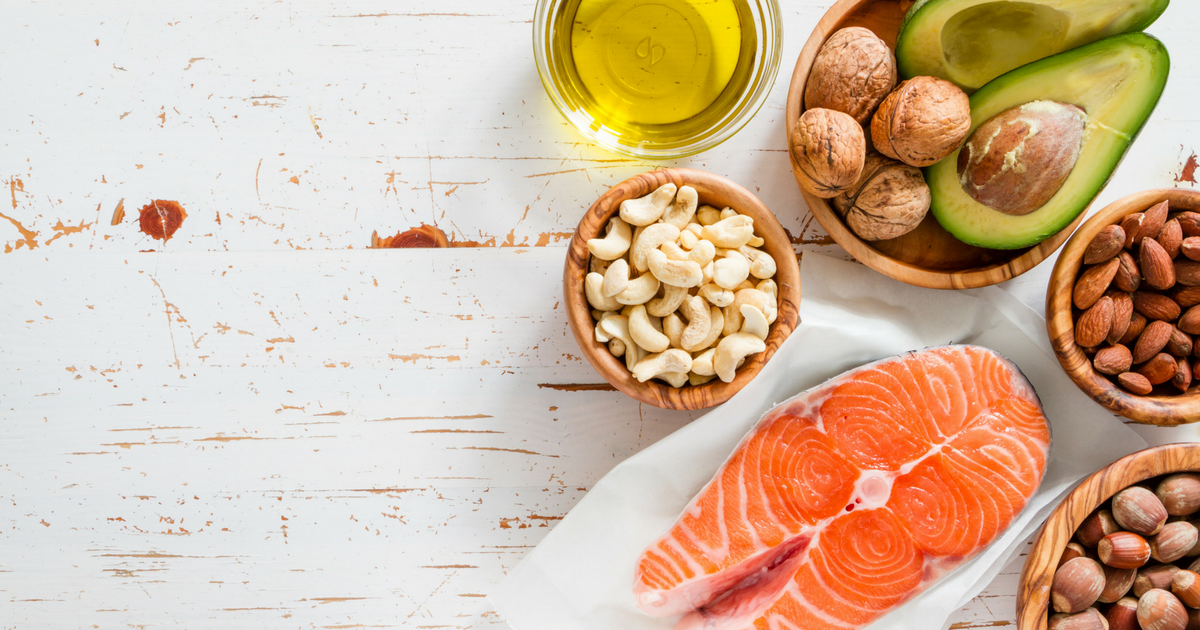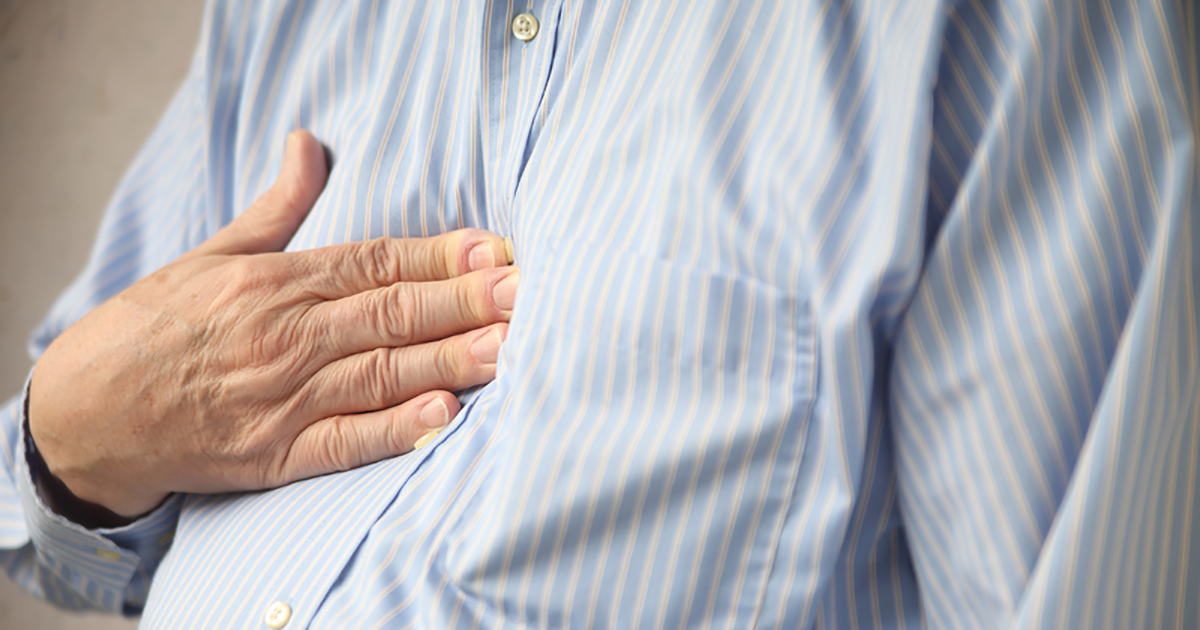Warning Signs Of Peptic Ulcer Disease
Peptic ulcer disease occurs when an individual experiences the perpetual development of peptic ulcers. These ulcers present as open sores, which develop on the lining of the stomach and in the small intestine. There are two types of peptic ulcers: gastric and duodenal. Gastric ulcers develop on the inside lining of the stomach, whereas duodenal ulcers affect the upper part of the small intestine.
Peptic ulcers may be caused by a variety of things, including a bacterial infection, long-term use of anti-inflammatories, stress, and even excessive consumptions of spicy foods. Individuals who smoke or consume excessive amounts of alcohol are also at an increased risk of developing peptic ulcers.
Intolerance To Fatty Foods

Food affects each body differently. While doctors say there is no specific diet individuals with peptic ulcer disease should follow, it has been noted patients who suffer from this disease may have an intolerance to fatty foods. Fatty foods include things high in fats, whether they are bad fats or even good fats, such as avocados, nuts, certain types of fish, oils, and dairy. While many of these foods have great health benefits, certain bodies cannot break them down well. Fat can be moved quickly through the digestive system, overstimulating the intestine and causing inflammation, which can further lead to the development of peptic ulcers.
Heartburn

Heartburn is another tell-tale warning sign of peptic ulcer disease, though it can also simply indicate a bout of indigestion. While most individuals will experience it at points throughout their lifetime, especially as they age, if heartburn occurs regularly, it can be a sign of peptic ulcer disease. This symptom is characterized by an uncomfortable burning sensation in the chest and the back of the throat. It often causes bitter or sour tastes in the mouth, as well, which is attributed to increased acid production.
While it does not negatively affect your health- it does not actually have anything to do with the heart- the constant worry of discomfort can certainly negatively impact a person's quality of life. Heartburn typically occurs after eating a big meal or after consuming certain types of food, such as fats, acidic foods, and spicy food.
